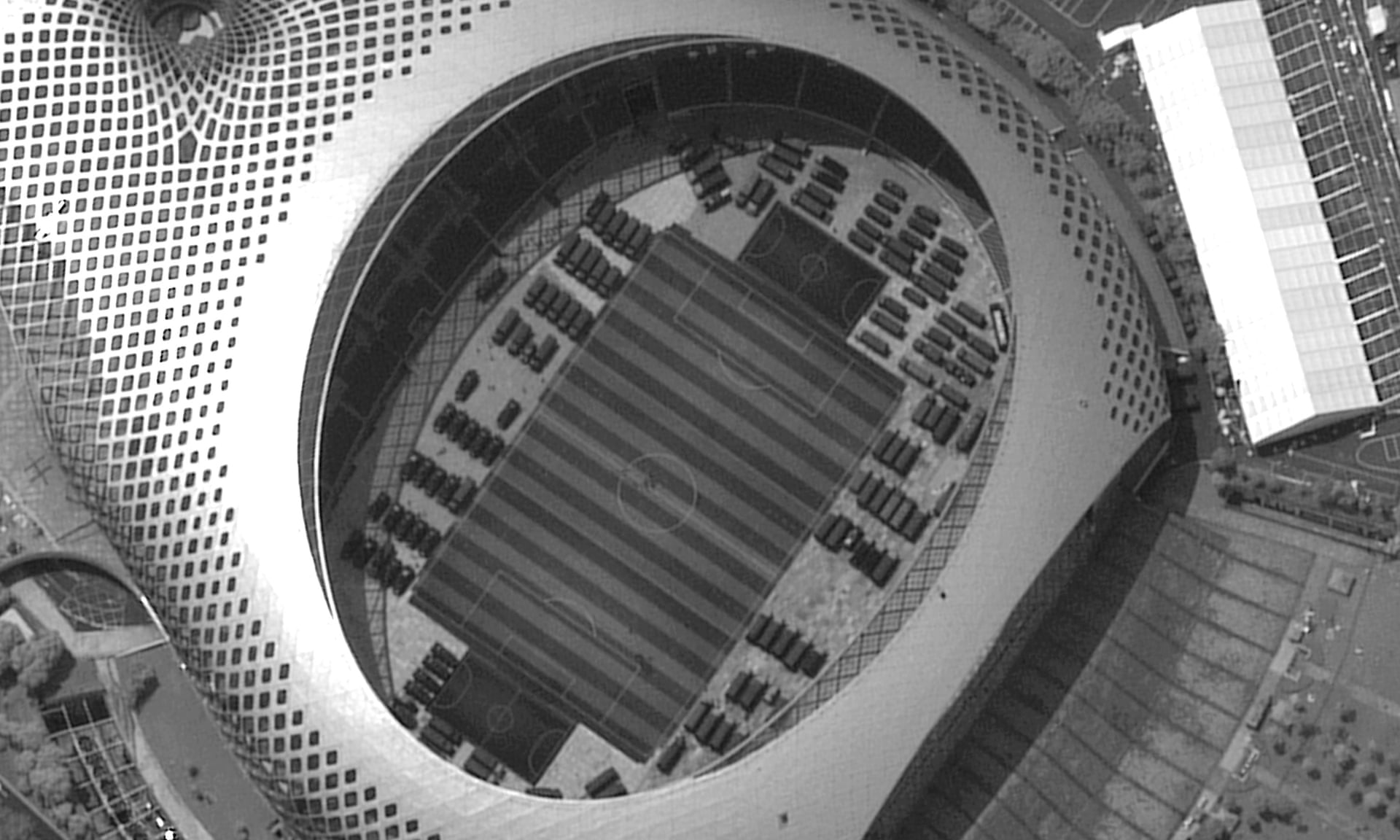Q1: What is controversial about the amendments?
A1: Hong Kong currently has extradition treaties with 20 countries and provides legal assistance to 32 countries. Two laws, the
Fugitive Offenders Ordinance and the
Mutual Legal Assistance in Criminal Matters Ordinance, were introduced in 1997 right before Hong Kong was handed over to China to regulate the practices of extradition and legal assistance with other jurisdictions. The two laws specifically deny the applicability of those laws to mainland China because of deep concerns about the limits of rule of law in China and the desire to implement the “one country, two systems” of ensuring Hong Kong can maintain its internal social, economic and legal system until 2047. Under the current legal framework, Hong Kong’s government is legally bound not to respond to extradition requests from mainland China.
The bill, introduced and sponsored by 22 Legco members, seeks to amend these two ordinances. The amendments will change Hong Kong’s government’s extradition practice to a case-by-case scenario when such a request is made by a jurisdiction, including mainland China, that does not have extradition or legal assistance agreements with the city. It will also modify the list of crimes that are covered under the current ordinances.
When the amendments were officially introduced in April, there was a strong backlash from the legal and business communities. The original amendments included 46 categories of extraditable crimes, among which were commercial crimes related to bankruptcy, tax, and trading. In a revised bill, the government removed nine crimes on commerce and trade. The final proposed version covers 37 crimes that are eligible for extradition if the offenses are punishable by more than seven years under Hong Kong law.
The bill still sparked controversy over whether it would politicize extradition from Hong Kong, and whether it would threaten Hong Kong’s judicial independence. Over the years, Beijing has gradually increased its influence over the special administrative region (SAR), an effort which triggered concern from within Hong Kong and internationally. The forced disappearance of the Hong Kong-based bookseller, Gui Minhai, from Thailand and his reappearance in China generated grave fear over the extent to which China chased after its fugitives. If the amendments are passed, there would be no legal barrier for any government, including the Chinese government, to ask Hong Kong’s government for assistance with extradition. Although the amendments attempt to introduce protection against fears of abuse and politicization through measures, such as
prima faci evidence reviews by Hong Kong’s court, the measures are still seen as insufficient given the great distrust people have over China’s opaque legal system.
Protesters have made two demands: that the amendments be withdrawn, and that Carrie Lam resign.
The bill has also generated concern from foreign countries because if passed, the city’s government will have the power to decide what type of action to take against foreigners who are in Hong Kong but wanted by China. The United States and the European Union have both expressed their concerns over the safety of their citizens residing in or transiting through Hong Kong if such law is passed.









